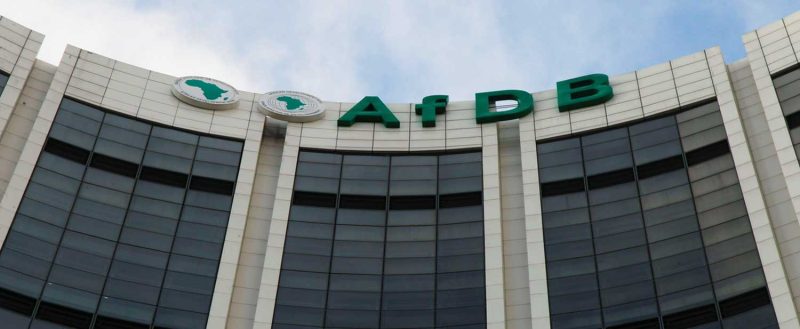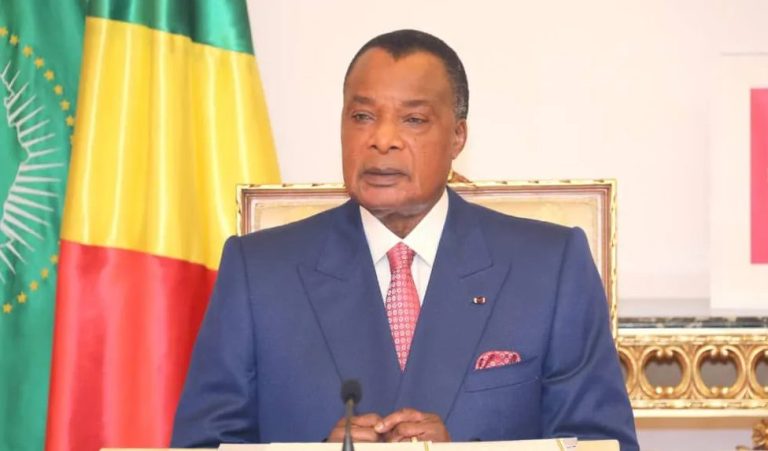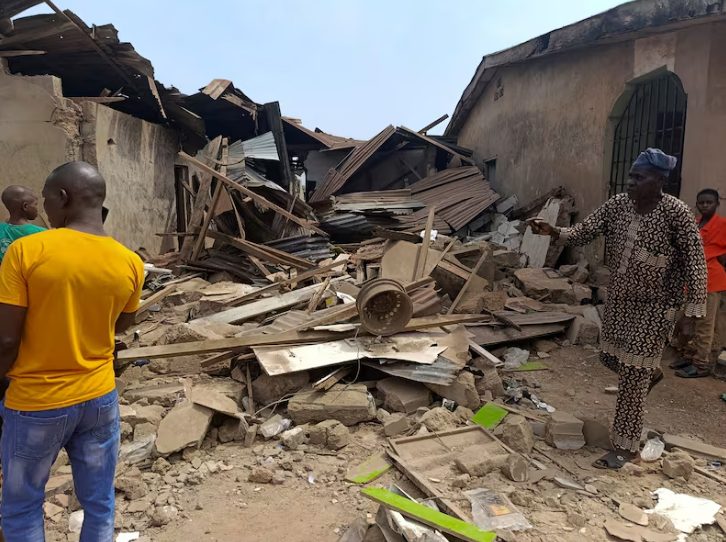
Afdb
The African Development Bank (AfDB) has approved a new five-year Country Strategy Paper (2025-2030) for Nigeria, committing approximately $650 million annually to fuel the country’s economic transformation. This initiative aims to build resilience and foster broad-based prosperity, addressing critical infrastructure gaps and driving inclusive growth across the nation.
Under the strategy, AfDB plans to provide a total of $2.95 billion in funding over the first four years, with additional co-financing of about $3.21 billion from development partners. The focus will be on two main areas: promoting sustainable, climate-smart infrastructure to boost competitiveness and industrial growth, and advancing gender and youth-inclusive green growth through industrialisation.

One of the strategy’s key goals is to address Nigeria’s significant infrastructure gap, which is estimated at $2.3 trillion between 2020 and 2043. The Bank will invest in climate-friendly projects, including roads, power systems, and water infrastructure, while also supporting agribusinesses that create jobs, especially for women and youth. These efforts are designed to help Nigeria double its economy to $1 trillion and create over 1.5 million jobs.
AfDB’s Director General for Nigeria, Abdul Kamara, emphasized that this partnership between the Bank and Nigeria takes the country’s development to the next level. “By investing in sustainable infrastructure and inclusive agricultural growth, we are not just building roads and power systems – we are building pathways to prosperity for millions of Nigerians,” he said.
The strategy aligns with Nigeria’s long-term development objectives, including Agenda 2050, the National Development Plan 2021-2025, and the 2023 Renewed Hope Agenda. It also aims to leverage opportunities from the African Continental Free Trade Area (AfCFTA), focusing on energy access, improved transportation networks, and better market access for farmers and businesses.
Women entrepreneurs and youth will benefit from targeted support, such as AfDB’s Affirmative Finance Action for Women in Africa (AFAWA) initiative, which helps women overcome financial barriers. Youth will also receive critical skills training to address unemployment challenges.
Through greener, more resilient infrastructure and agricultural systems, the strategy will strengthen Nigeria’s ability to adapt to climate change, mitigating issues like flooding, droughts, and farmer-herder conflicts, while fostering a unified, prosperous future.




